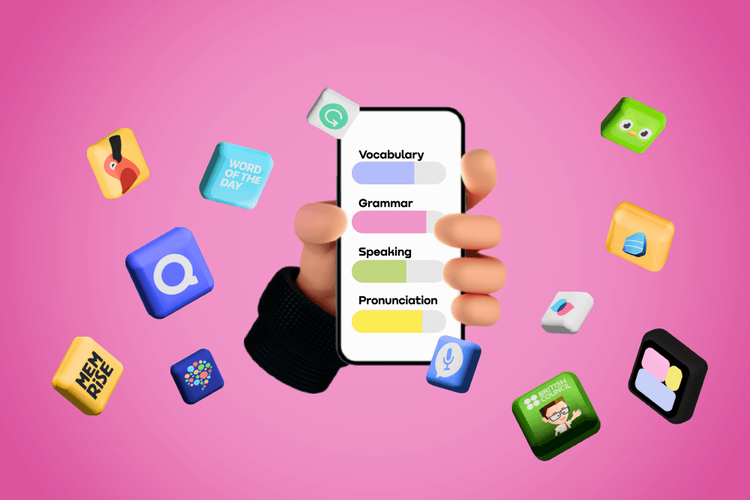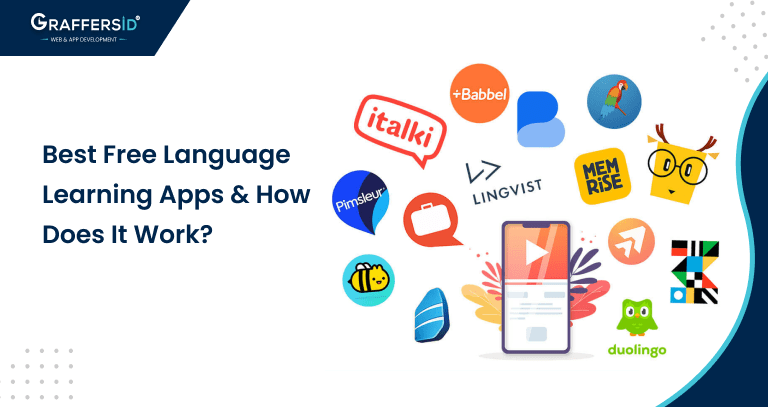
Image from https://promova.com/blog/best-apps-for-learning-english
Today, learning English has become easier and more fun thanks to apps and digital platforms. With just a phone or computer, you can access tools that help you improve your language skills anytime and anywhere. These modern methods make learning flexible, engaging, and effective for everyone.
One of the biggest advantages of learning English through apps is flexibility. Unlike traditional classes with fixed schedules, apps let you learn at your own pace. You can practice English during your free time, like when you’re commuting, relaxing at home, or taking a break at work. Apps such as Duolingo, Memrise, and Babbel are great examples of tools that make learning convenient.
Another great feature is personalization. Many apps adjust lessons based on your progress and focus on areas where you need improvement. For example, if you’re having trouble with grammar or vocabulary, the app will give you more exercises on those topics. This helps you focus on what matters most for your learning journey.
Apps also make learning fun through gamification. They turn lessons into games where you can earn points, unlock levels, and win rewards. Apps like Duolingo keep you motivated by tracking your daily streaks and achievements. This playful approach makes it easier to stay consistent and enjoy the process.
Digital platforms also provide a variety of learning materials, such as videos, audio lessons, quizzes, and interactive exercises. For instance, YouTube channels like BBC Learning English and English Addict offer free lessons on speaking, grammar, and listening. Other platforms, like FluentU, use real-world videos such as movie clips or news stories to teach English in context. These materials help you learn practical English that you can use in daily life.
Some apps even allow interactive learning. Platforms like HelloTalk and Tandem connect you with native English speakers so you can practice writing and speaking in real conversations. AI chatbots, such as ChatGPT, can also help you practice by answering your questions or correcting your sentences. These tools give you the confidence to use English in real situations.
Another helpful feature is spaced repetition. Apps like Quizlet and Anki use this method to help you remember new words and phrases. They make sure you review what you’ve learned at the right time so it stays in your memory longer.
Lastly, many apps are affordable or even free. Most offer basic lessons for free and optional upgrades for advanced features. This makes learning English accessible to everyone, no matter their budget.
In conclusion, apps and digital platforms have changed how people learn English. They are flexible, fun, and full of helpful tools for learners of all levels. Whether you’re just starting or want to improve your fluency, these platforms are a great way to reach your goals.
•Edited by ChatGPT•
